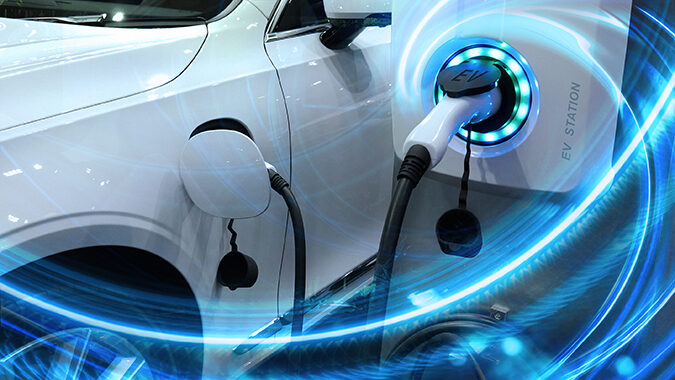The U.S. Treasury Department and the IRS on Friday issued proposed regulations affecting the $7,500 federal tax credit available to purchasers of electric vehicles, and it appears likely that beginning on April 18, fewer electric vehicles will qualify for the full credit.
The 2022 Inflation Reduction Act included a provision that limits the $7,500 EV tax credit to vehicles that are assembled in North America. Beyond that, a certain percentage of a vehicle’s battery components need to be manufactured in North America, and a certain percentage of critical minerals in a battery – including lithium, nickel, manganese, graphite and cobalt – need to be sourced from the U.S. or country that the U.S. has a free trade agreement with.
The provision requiring EVs to be assembled in North America took effect in 2022, but rules related to battery components and critical minerals were left to the Treasury Department to draft. Under the rules proposed Friday, EVs must meet both the critical minerals and battery component requirements to get the full $7,500 tax credit. If only one of the two requirements is met, the credit is reduced to $3,500.
Vehicles placed-in-service on or after April 18, 2023, will be subject to the critical mineral and battery component requirements laid out in the rule – 40% critical minerals sourced from the U.S. or U.S. free trade country and 50% of battery components manufactured in North America. On April 18, the website FuelEconomy.gov will list eligible clean vehicles that qualified manufacturers have indicated to the IRS meet the requirements to claim the new clean vehicle credit, including the amount of the credit.
Although fewer vehicles may qualify for the tax credit in the short-term due to the new battery component and mineral sourcing requirements, federal officials say the Inflation Reduction Act will strengthen domestic manufacturing in the future as more EVs and components are made in the U.S.
In a statement issued Friday, the US Treasury Department said that $45 billion in private sector investment has been announced across the U.S. clean vehicle and battery supply chain since the Inflation Reduction Act was signed on Aug. 16, 2022.
“The Inflation Reduction Act is a once-in-a-generation piece of legislation that is lowering costs for American consumers, building a strong U.S. industrial base, and bolstering supply chains,” Secretary of the Treasury Janet L. Yellen said.
Federal officials said the critical minerals value requirement for batteries will increase annually to 50% in 2024; 60% in 2025; 70% in 2026 and 80% in 2027 and after. The percentage of EV battery components that must be manufactured or assembled in North America will also increase to 60% in 2024 and 2025; 70% in 2026; 80% in 2027; and 90% in 2028.
In addition to the EV assembly, battery and critical mineral sourcing provisions, the manufacturer’s suggested retail price for an electric car must be $55,000 or less to qualify for the tax credit. SUVs and trucks must have a sticker price of $80,000 or less to qualify for a tax credit. There are also income limits of $150,000 for single taxpayers and $300,000 for married couples filing jointly.




